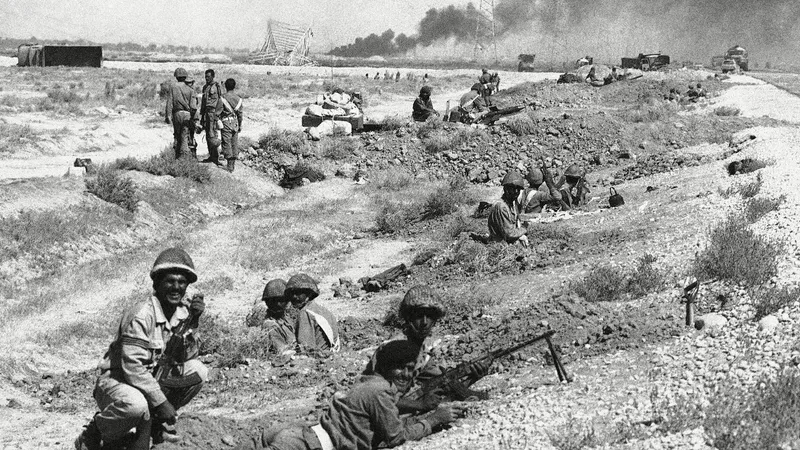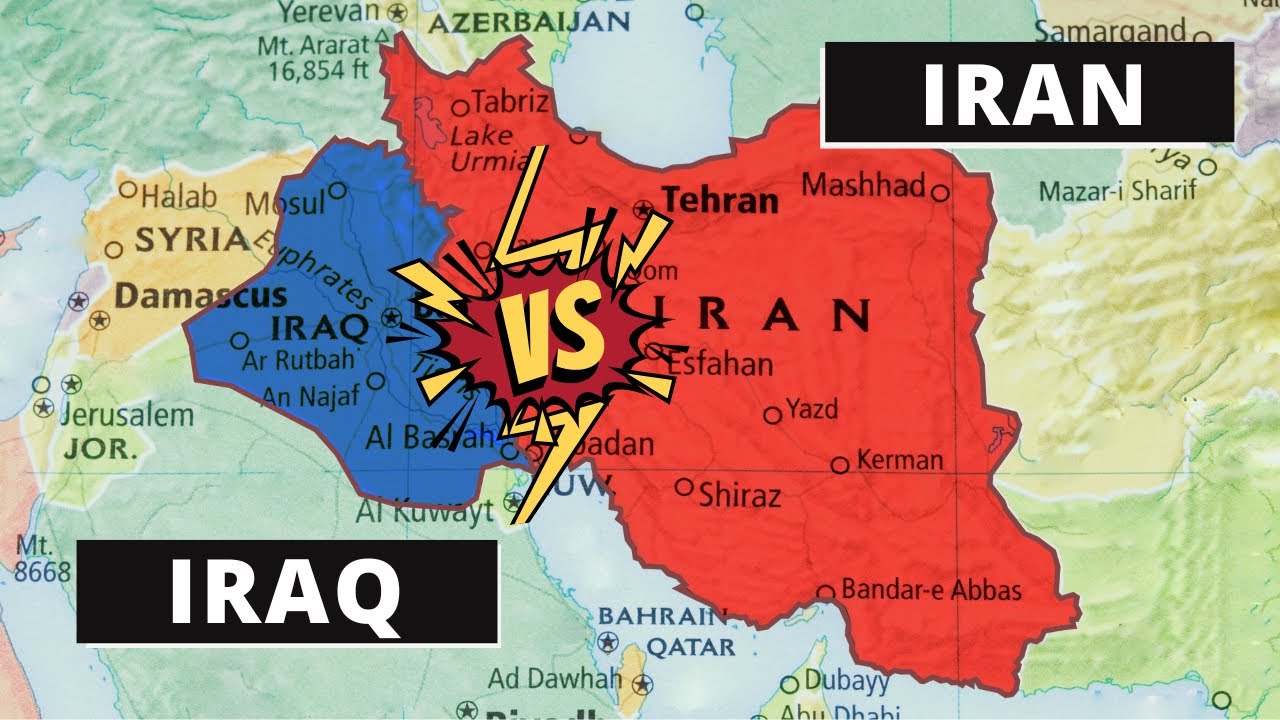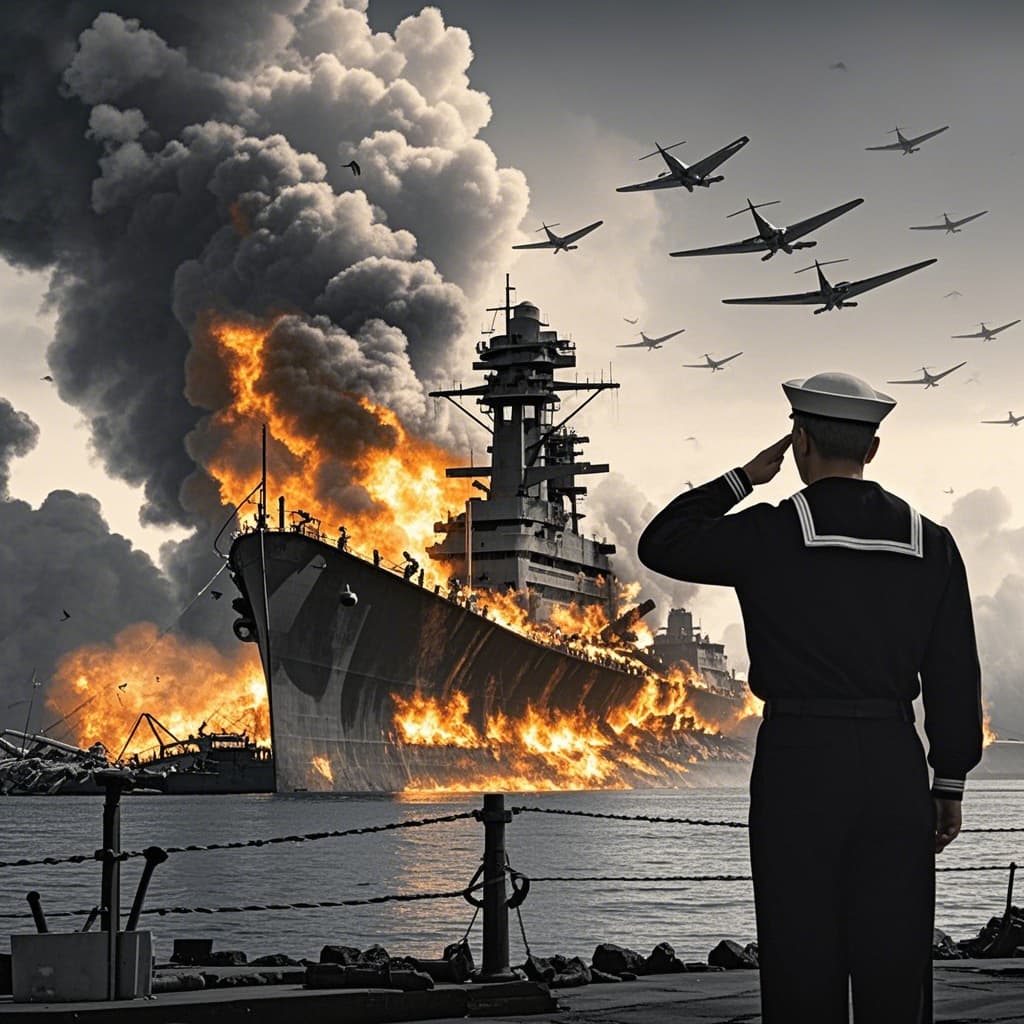The Beginning of the Iran-Iraq War
On September 22, 1980, Iraq launched a surprise invasion of Iran, marking the beginning of what would become one of the longest and bloodiest wars of the 20th century. The Iran-Iraq War dragged on for eight brutal years, resulting in the loss of hundreds of thousands of lives and causing widespread destruction on both sides.
The war was ignited by a complex mix of political, territorial, and religious tensions between the two nations. Iraqi President Saddam Hussein sought to assert dominance in the region, believing the chaos following Iran’s 1979 Islamic Revolution provided an opportunity to weaken the neighboring country. Iraq also sought to control the oil-rich Khuzestan region, located in southwestern Iran.

Early Stages of the Conflict
The early phase of the war was marked by rapid Iraqi advances into Iranian territory. Saddam Hussein’s forces captured key border towns and launched aerial attacks on Tehran, Iran’s capital. However, the Iranian military, driven by a sense of national and religious duty, began to push back, turning the conflict into a protracted and bloody stalemate.
This conflict witnessed the extensive use of trench warfare, airstrikes, and ballistic missile attacks. Both nations heavily targeted each other’s cities, inflicting massive civilian casualties. Iraq also employed chemical weapons, which added to the war’s infamy.
A War of Attrition
As the war dragged on, it became a brutal war of attrition, with neither side gaining a decisive advantage. Iran, under the leadership of Ayatollah Khomeini, mobilized large numbers of volunteers in a series of human-wave assaults that eventually pushed the Iraqi forces out of most Iranian territories. However, despite these gains, Iran was unable to fully defeat Iraq, leading to years of deadlock.
The war severely strained both countries’ economies. Iraq, heavily reliant on international loans, especially from Gulf States, found itself in financial difficulties. Iran, isolated by international sanctions, also struggled with the economic costs of the war.
Global Impact and Involvement
The conflict drew in global powers, with both sides receiving military and financial support from different nations. Iraq was backed by the United States, Soviet Union, and various Arab states, while Iran found limited support, mainly from Syria and Libya. The war also affected oil prices and disrupted the global oil supply, especially after attacks on oil tankers in the Persian Gulf escalated in the mid-1980s.
A quote from Saddam Hussein during the early stages of the conflict captures his aggressive stance: “We will crush the Iranian regime and take what is rightfully ours.” This rhetoric further inflamed tensions and led to massive human suffering throughout the eight-year war.
The Ceasefire and Its Aftermath
The war finally ended in 1988, after both sides agreed to a UN-brokered ceasefire under Resolution 598. By then, the human and economic costs were staggering. Estimates suggest that the war resulted in over a million casualties, including civilians and soldiers. Cities and infrastructure in both countries were left in ruins, setting back their development for years.
In the end, neither Iran nor Iraq gained any significant territorial or political advantage. The war ended largely in a stalemate, with borders returning to their pre-war status. However, the conflict left deep scars that would influence Middle Eastern politics for decades to come, particularly contributing to Saddam Hussein’s subsequent invasion of Kuwait in 1990.
Conclusion: A Conflict that Shaped the Middle East
The Iran-Iraq War remains one of the most devastating conflicts of the 20th century, leaving a legacy of suffering, geopolitical tension, and mistrust in the Middle East. It altered the trajectory of both nations and had lasting effects on the region’s stability, continuing to influence political relations in the Middle East to this day.
Despite the catastrophic costs, the Iran-Iraq War is often overlooked in the broader context of world history. However, it is crucial to understand how this conflict not only shaped the modern Middle East but also served as a precursor to further conflicts in the region.


